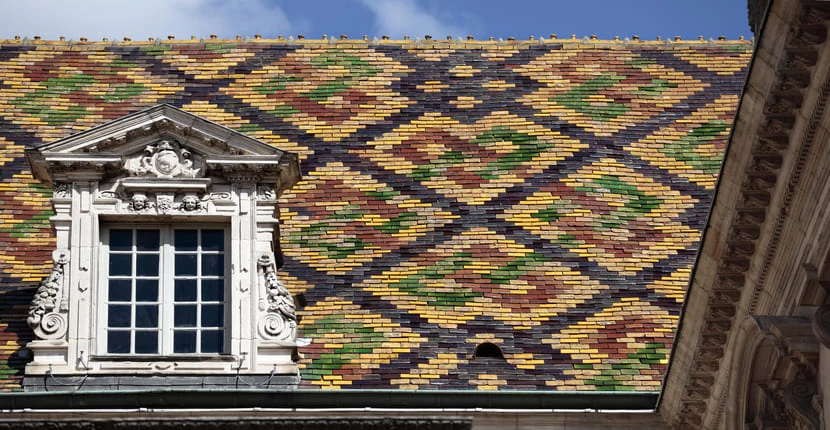
Heritage Roofing
Request a free quote from our heritage roofing specialists todayAt Commercial Roof, we specialise in heritage roofing services and across the UK, preserving the historical character of listed buildings, churches, historic homes, and conservation areas.
Our expert team provides authentic restoration, repair, and maintenance using traditional materials and craftsmanship to ensure compliance with heritage conservation regulations.
Whether you need a roof replacement, leadwork repairs, or slate restoration, we offer tailored heritage roofing solutions that maintain architectural integrity while enhancing durability.
Contact us today to get a free quote for expert heritage roofing.
What Are the Benefits of Heritage Roofing?
Heritage roofing helps in maintaining the original design in , ensuring compliance with heritage conservation laws while retaining a property’s historical value. Restored roofs using slate, lead, clay, or stone can last over a century, providing long-term durability with proper maintenance.
Authentic heritage roofing also enhances property value, weather resistance, and energy efficiency in , ensuring older buildings remain structurally sound and visually appealing.
What Types of Heritage Roofing Are Available?
Heritage roofing includes natural slate, clay and handmade tiles, lead and zinc, stone, thatched, and copper roofing, each preserving historical accuracy and durability.
These options include the following features:
Natural slate roofing in – Highly durable, lasting over 100 years with a classic aesthetic.
Clay and handmade tiles – Traditional, period-accurate roofing for historic homes and conservation buildings.
Lead and zinc roofing – Long-lasting (150+ years) and weather-resistant, often used for churches and period properties.
Stone roofing – Includes Cotswold, Yorkshire, and Lakeland Slate, providing a historic and regional look.
Thatched roofing– Traditional straw or reed roofing, commonly used for heritage cottages.
Copper roofing in – Develops a unique patina over time, often used for domes and historical landmarks.
What is the Heritage Roofing Restoration Process?
Restoring a heritage roof begins with a comprehensive roof survey and historical assessment in , determining the original materials and design features. Once documented, specialists source reclaimed or period-correct materials in , ensuring authenticity.
In cases where the roof structure is compromised, structural reinforcements may be required in to support traditional materials like slate or stone. The installation or restoration process in is then carried out by heritage roofing craftsmen, using specialist leadwork, hand-cut slates, or lime mortars to match the original design.
Waterproofing and weatherproofing enhancements are applied in while maintaining the historical aesthetic, followed by a final compliance inspection to meet planning regulations and heritage protection laws.
How Much Does Heritage Roofing Cost?
Heritage slate roofing costs between £120 and £250 per square metre in , while lead and zinc roofing can range from £200 to £400 per square metre in .
Costs may go up for restoration projects that need custom fabrication, reclaimed materials, and careful craftsmanship in , especially if they need to be approved for historical compliance or for structural reinforcements.
Contact Commercial Roof in to get customised pricing for a heritage roofing installation and maintenance job.
How Long Does a Heritage Roof Last?
Heritage roofing can last 75–150+ years in , with natural slate and lead roofing lasting the longest, depending on maintenance and restoration quality.
Natural slate roofing can last 100–150 years in , while lead roofing has a lifespan of 150+ years when maintained correctly. Clay tiles and stone roofs in typically last 75–100 years, depending on exposure to weather conditions and maintenance levels.
Proper restoration, regular inspections, and expert craftsmanship can extend the lifespan of heritage roofs while ensuring compliance with listed building requirements.
Do You Need a Permit for Heritage Roofing?
Heritage roofing often requires planning permission and listed building consent in , particularly for Grade I, Grade II, and conservation area properties
Regulations are overseen by Historic England, local councils, and the National Trust in , ensuring restoration work meets historical accuracy standards. Permission is required for material changes, structural alterations, or replacements in , while like-for-like repairs may be permitted without formal approval.
It is essential to consult with heritage conservation officers and roofing specialists before undertaking any roofing work on protected buildings to avoid fines or legal issues.
Contact Commercial Roof in to get further details on the heritage roofing installation and maintenance plan.
